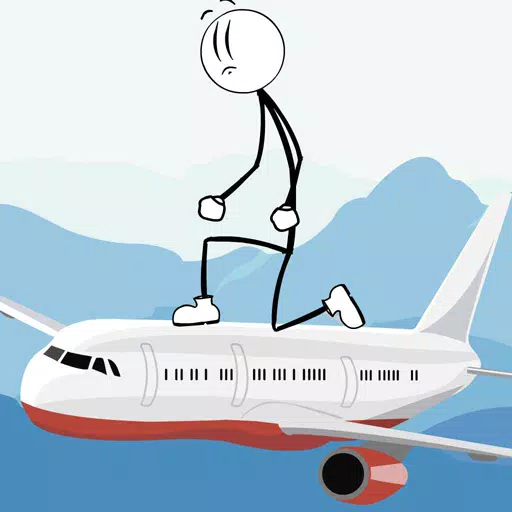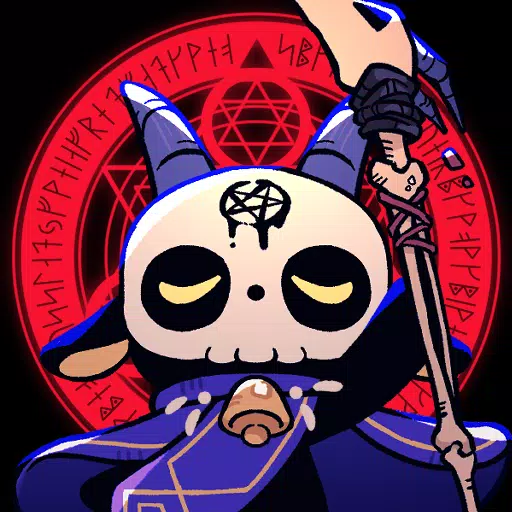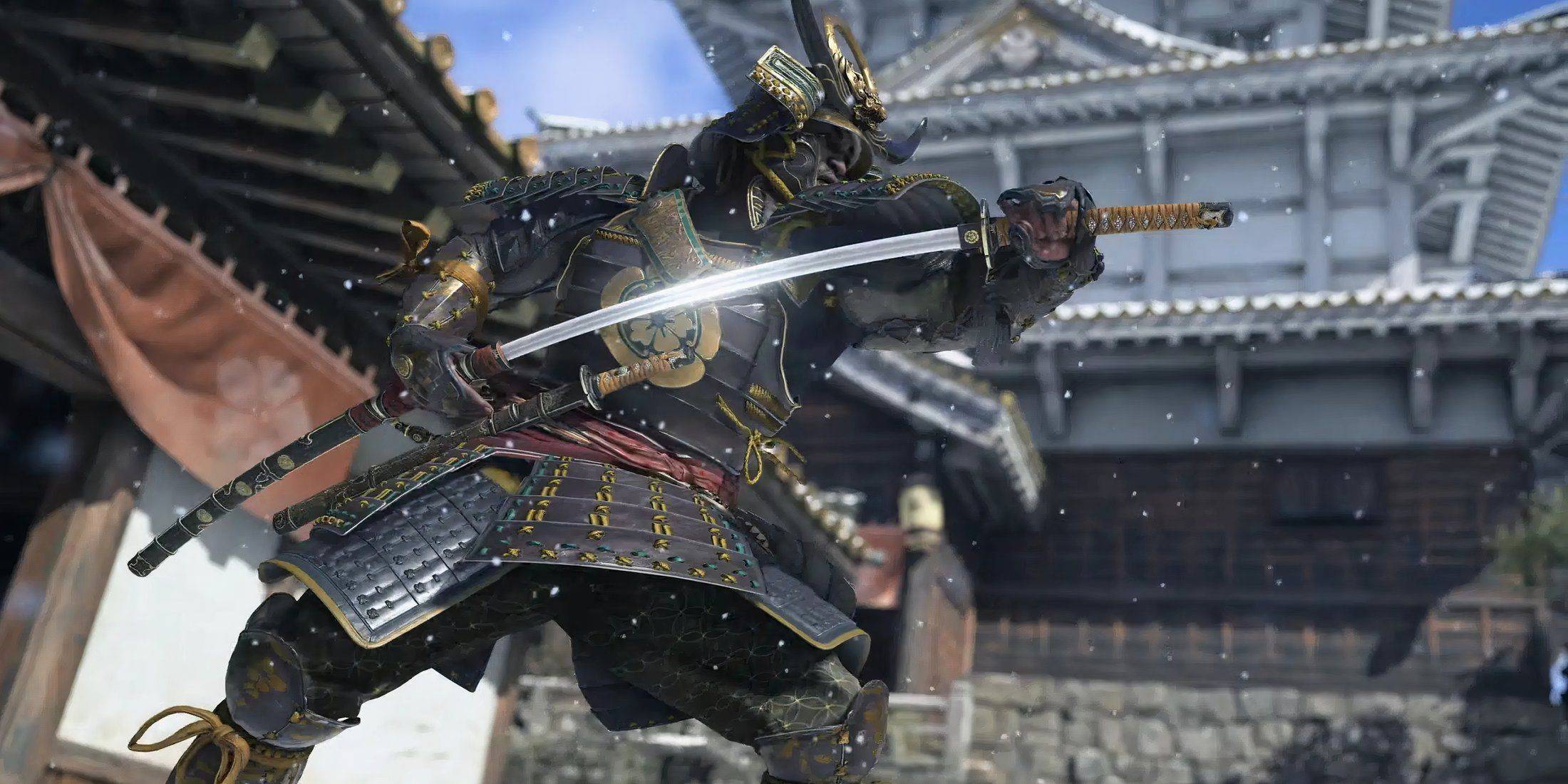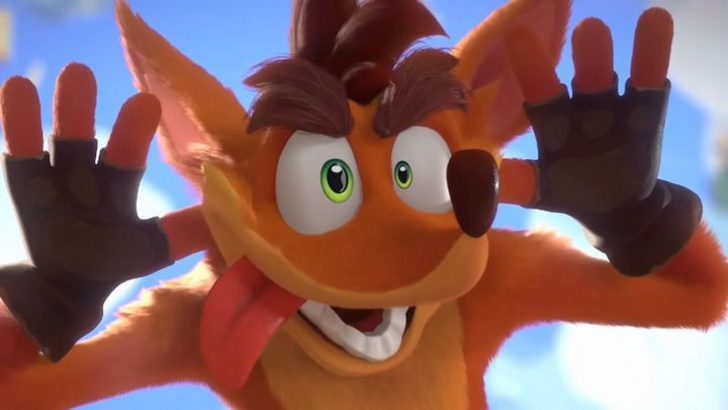 Activision's shift towards live-service games reportedly led to the cancellation of Crash Bandicoot 5, a project initially under development at Toys for Bob. This article delves into the reasons behind the cancellation and explores Activision's broader strategy.
Activision's shift towards live-service games reportedly led to the cancellation of Crash Bandicoot 5, a project initially under development at Toys for Bob. This article delves into the reasons behind the cancellation and explores Activision's broader strategy.
Crash Bandicoot 5: A Casualty of the Live-Service Model
Sequel Scrapped Due to Perceived Underperformance of Predecessor
Gaming historian Liam Robertson revealed that Crash Bandicoot 5, a planned single-player 3D platformer, was in early development at Toys for Bob. However, the project was abandoned as Activision prioritized live-service titles, reallocating resources accordingly.
Toys for Bob, known for revitalizing the Crash Bandicoot franchise, had begun conceptualizing Crash Bandicoot 5 as a direct sequel to Crash Bandicoot 4: It’s About Time. Robertson's report details proposed storylines and concept art, including a villainous children's school setting and the return of familiar antagonists.
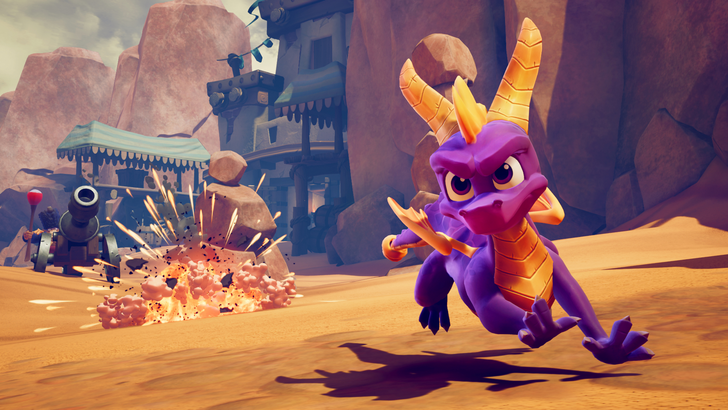 Remarkably, concept art showcased Spyro, another PlayStation icon successfully revived by Toys for Bob, as a playable character alongside Crash, battling an interdimensional threat affecting both their worlds. Robertson stated, "Crash and Spyro were intended to be the two playable characters."
Remarkably, concept art showcased Spyro, another PlayStation icon successfully revived by Toys for Bob, as a playable character alongside Crash, battling an interdimensional threat affecting both their worlds. Robertson stated, "Crash and Spyro were intended to be the two playable characters."
The cancellation rumors initially surfaced from former Toys for Bob concept artist Nicholas Kole's X post. Robertson's report suggests that Activision's decision stemmed from a combination of the live-service shift and Crash Bandicoot 4's perceived underperformance.
Activision Rejects Pitches for Other Single-Player Franchises
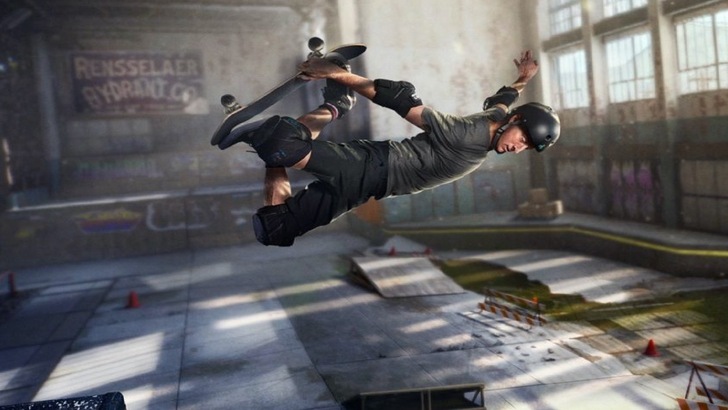 Activision's strategic shift impacted other franchises. Robertson also reported the rejection of a pitch for Tony Hawk’s Pro Skater 3+4, a sequel to the successful Tony Hawk’s Pro Skater 1+2 remake. Vicarious Visions, the studio behind the remakes, was subsequently absorbed into Activision and reassigned to work on major franchises like Call of Duty and Diablo.
Activision's strategic shift impacted other franchises. Robertson also reported the rejection of a pitch for Tony Hawk’s Pro Skater 3+4, a sequel to the successful Tony Hawk’s Pro Skater 1+2 remake. Vicarious Visions, the studio behind the remakes, was subsequently absorbed into Activision and reassigned to work on major franchises like Call of Duty and Diablo.
Tony Hawk himself confirmed the existence of the 3+4 plan in Robertson's report, stating it was underway until Vicarious Visions' integration into Activision. He explained that Activision sought alternative studios to develop the sequel but ultimately rejected all pitches due to dissatisfaction with the proposals.
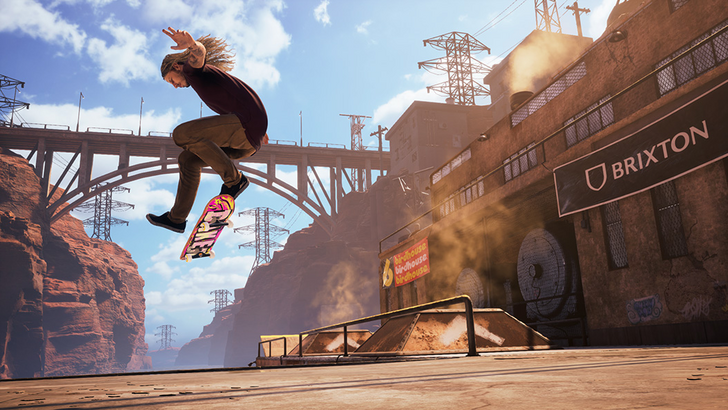 Hawk highlighted Activision's lack of confidence in studios other than Vicarious Visions as a key factor in the cancellation. This underscores the significant impact of Activision's internal restructuring on the future of established single-player franchises.
Hawk highlighted Activision's lack of confidence in studios other than Vicarious Visions as a key factor in the cancellation. This underscores the significant impact of Activision's internal restructuring on the future of established single-player franchises.
 Home
Home  Navigation
Navigation






 Latest Articles
Latest Articles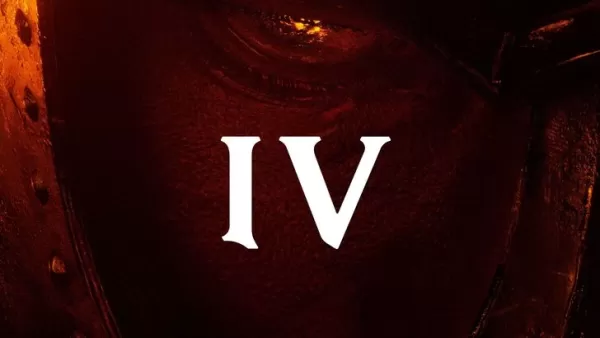
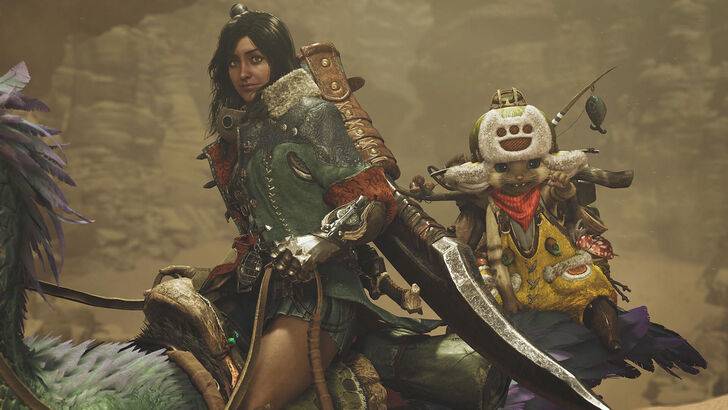
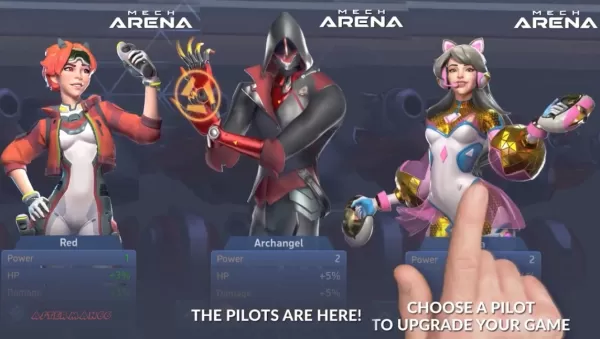

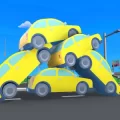


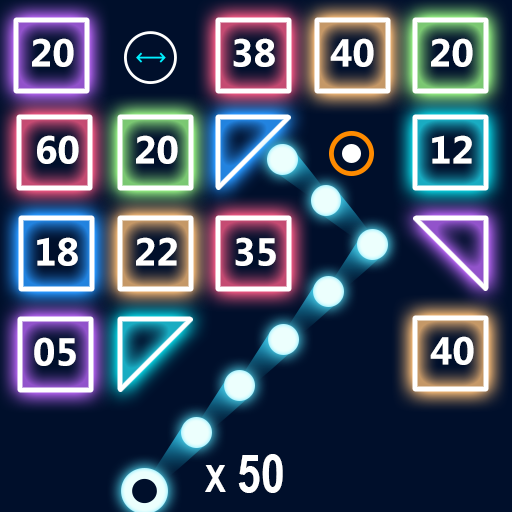
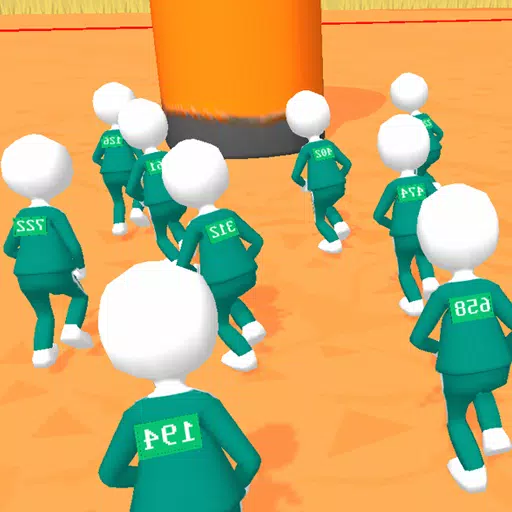
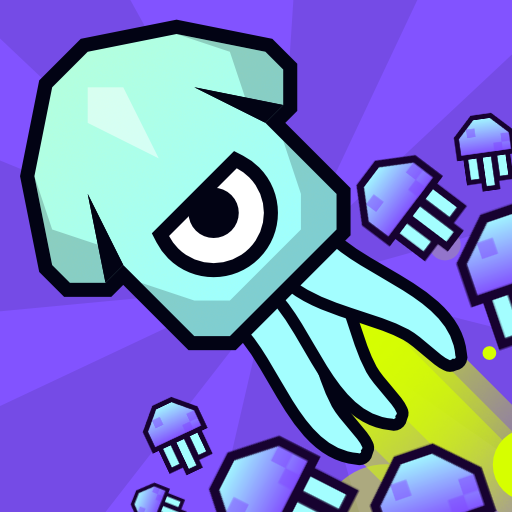

 Latest Games
Latest Games